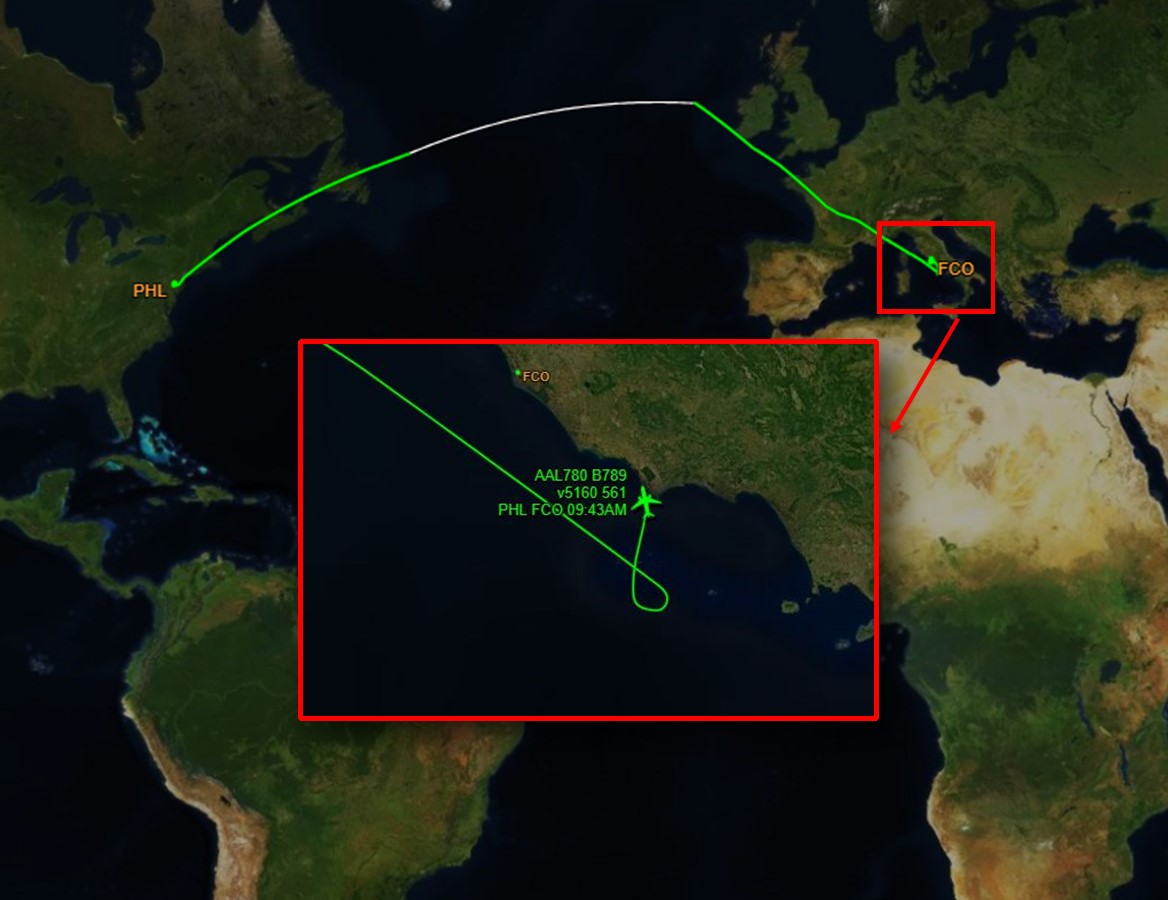Why is Slovakia not attracted by investors? – SME index

Dear work and high taxes are expelled by companies.
Since the beginning of this week, they have announced the end of two shoe factory factories that were important employers in their regions. After Martin Ecco Handlovská Lowa will also close.
In Martin, 650 people lose their jobs, and dozens of employees will be released in Handl. Parent groups of factories, Danish Ecco and Italy Lowa, justify their closure by optimizing production.
Boycott for business in Russia, then steep fall into loss. What did Ecco buried in Martin after 30 years? Read
Ecco withdraws from Slovakia completely and retains production in the EU only in Portugal. Lowa will with us to continue to produce In his other races in Nitra Pravna, Bošany and Klenovec.
Ecco and Lowa will be joined by other investors from the clothing industry, who are dampening the activity in Slovakia. In recent months, Makyta Púchov textiles and the German manufacturer Eterna in Bánovce nad Bebravou, who released 300 employees and wants to move from Slovakia, has also announced the end and the German manufacturer.
“The times when in Bangladesh they only sewed cheap T -shirts are long gone. Already, but also in other cheap countries, they also produce more expensive and luxurious clothing, but still in the order of cheaper than in Slovakia, ”he explained in recently interview For the index of economist and ex -minister of finance Ivan Mikloš.
In the article you can read:
- Why investments in Slovakia stagnate,
- How much does Chinese and Vietnamec earn compared to a Slovak,
- What companies in Slovakia will survive asian competition,
- Whether high taxes are a problem.
More expensive especially for high levies
The fact that Slovakia is no longer as interesting for foreign investors as in the past is also confirmed by figures on direct foreign investments.
While in Slovakia their volume has been stagnating at about 60 billion euros in recent years, it is growing in neighboring V4 countries. For example, in the Czech Republic in 2023, it increased by five percent to EUR 216 billion year -on -year.
The reasons for the decline in investors’ interest in Slovakia include corruption, excessive regulation of entrepreneurs, low labor mobility, poor enforceability of property rights and also high taxes and levies.
For high levies, Slovaks are increasingly expensive for employers and the difference from V4 countries is increasing. The hourly price of work in Slovakia was at EUR 18.50 last year, in the case of the Czech Republic it was EUR 18.20, in Poland 17.30 euros and Hungary only EUR 14.10.
« Slovakia has lost its position to a workforce available to some extent.
They are heading to Asia
Robert Šimončič, Director of the Slovak Investment and Trade Development Agency (SARIO) says that investors from the textile or shoe industry do not favor the surrounding countries over Slovakia. If he thinks they decide to leave Slovakia, they will head to Asia.
By comparison, average Hourly wage in Vietname It was from $ 1.70 to two dollars last year, and around nine dollars and China.
The future of the textile and shoe industry is not only endangered in Slovakia, but also throughout Europe.
According to the analyst of Slovenská sporiteľňa Matej Horňák, only those producers who produce goods with higher added value will survive for which consumers will be willing to pay extra, which will cover the manufacturers of increased costs.
« It can be various high-tech and sophisticated materials with special properties, for example, under unfavorable weather conditions, » he explains.
The tiger became an outsider. Eight graphs shows that Slovakia is heading for decline Read
Transaction novelty
Investors in the selection of Slovakia are also hampered by higher corporate taxes compared to neighboring countries.
Slovak income tax rates, depending on the amount of 21 and 24 percent, cease to be competitive, whether against the Czech Republic (21 percent) or Poland (19 percent), but especially against Hungary (9 percent).
Moreover, since April this year, Slovak companies are covered by new transaction taxwhich they pay from each bank transfer, for example, when employees send wages or suppliers for services.
In addition to the tax rates themselves, investors, according to Ďuran, notice uncertainty in the business environment, which is related to the expected further round of public finance consolidation.
« AD HOC sectors have become a common part of the Tax Code, » he adds with reference to a special levy from profit for banks or energy companies.
How are the regions prepared
Investors decide can also weigh assistance from the state. In this area, however, there is strong competition among European countries. The other large foreign investment in Slovakia was the arrival of Volvo in Košice, which was decided under the previous government in 2022.
According to Šimončič, the readiness of the sites is also important for foreign companies where they should build a factory.
« They are interested in their availability and quality of workforce in the region. They are interested in universities, the quality of graduates and potential research and development cooperation, » he concludes.








